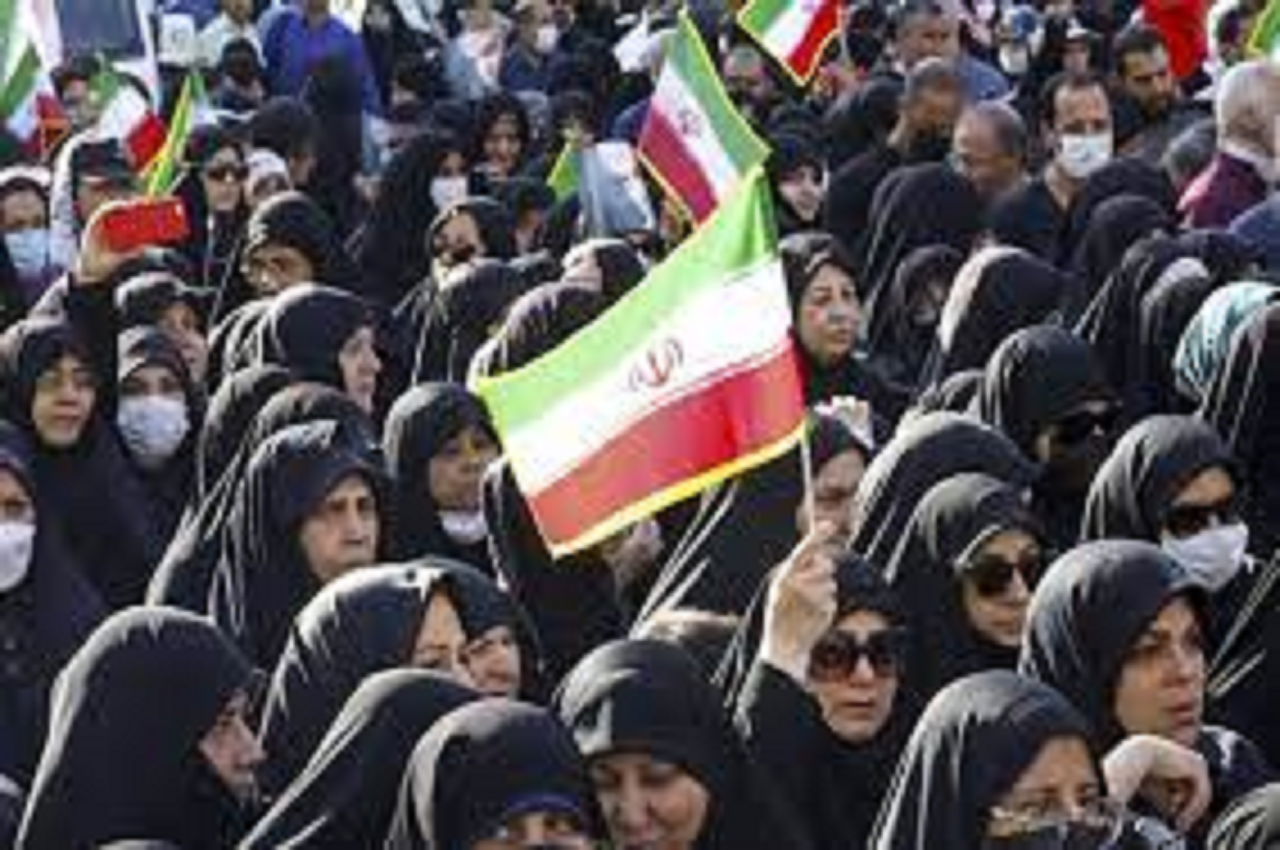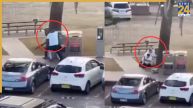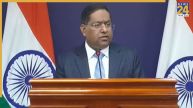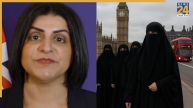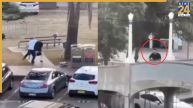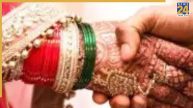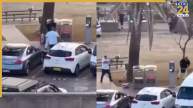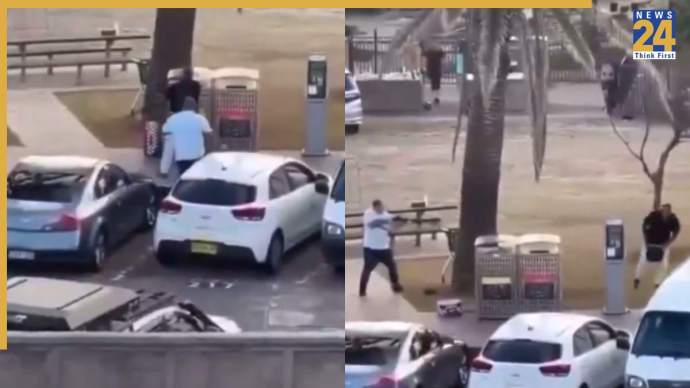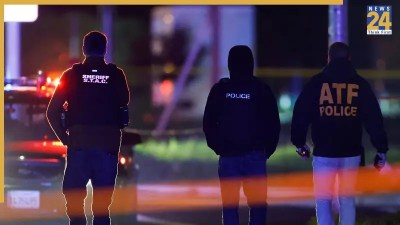Protests Against Hijab in Iran: Iran has suspended its morality police, which penalised women for failing to follow a strict dress code, according to the Iranian prosecutor general, as the anti-hijab protest entered its third month, sparked by the death of 22-year-old Mahsa Amini after she was detained by police.
According to the New York Times, Iran’s Attorney General, Mohammad Javad Montazeri, the morality police “was abolished by the same authorities who installed it.” He made this statement at a meeting where officials were discussing the unrest sparked by the death of a young woman, Mahsa Amini, 22, in the custody of the morality police in September. The unrest has amounted to one of the most serious challenges to Iran’s authoritarian clerical rule in decades.
Montazeri went on to say that the judiciary would continue to impose restrictions on “social behaviour.”
The attorney general announced on Thursday that authorities were reviewing the law requiring women to cover their bodies in long, loose clothing and their hair with a head scarf or hijab, and that a decision would be issued within 15 days. However, it was unclear whether the authorities intended to relax the law, which remains in effect, according to The New York Times.
SWEDISH PENSION FUNDS INVEST IN CRYPTOCURRENCY, SAY MEDIA REPORTS
Protests Against Hijab in Iran:
The lack of an official government statement on disbanding the force left some wondering exactly where the policy stood. However, as of late Sunday, the authorities had not issued a denial on state media outlets, despite the fact that the attorney general’s remarks had been widely reported by international news media.
The elimination of the morality police would have a significant impact on the state’s ability to control what women wear.
According to the Iran Human Rights group in Norway, 60 of the 448 confirmed fatalities were minors under the age of 18, including nine girls. There were 29 more female victims. According to the report, security personnel have killed 16 people in the last week alone, with 12 of them killed in Kurdish-populated areas where protests have been particularly violent.
The number of fatalities has also risen since the deaths of those killed in previous weeks were confirmed and included, according to the rights group, who added that the death toll only includes civilians killed in the crackdown and not security personnel.
According to Brigadier General Amirali Hajjizadeh of the Islamic Revolutionary Guard Corps, more than 300 people were killed earlier on Tuesday.
Read More :- Latest World News

